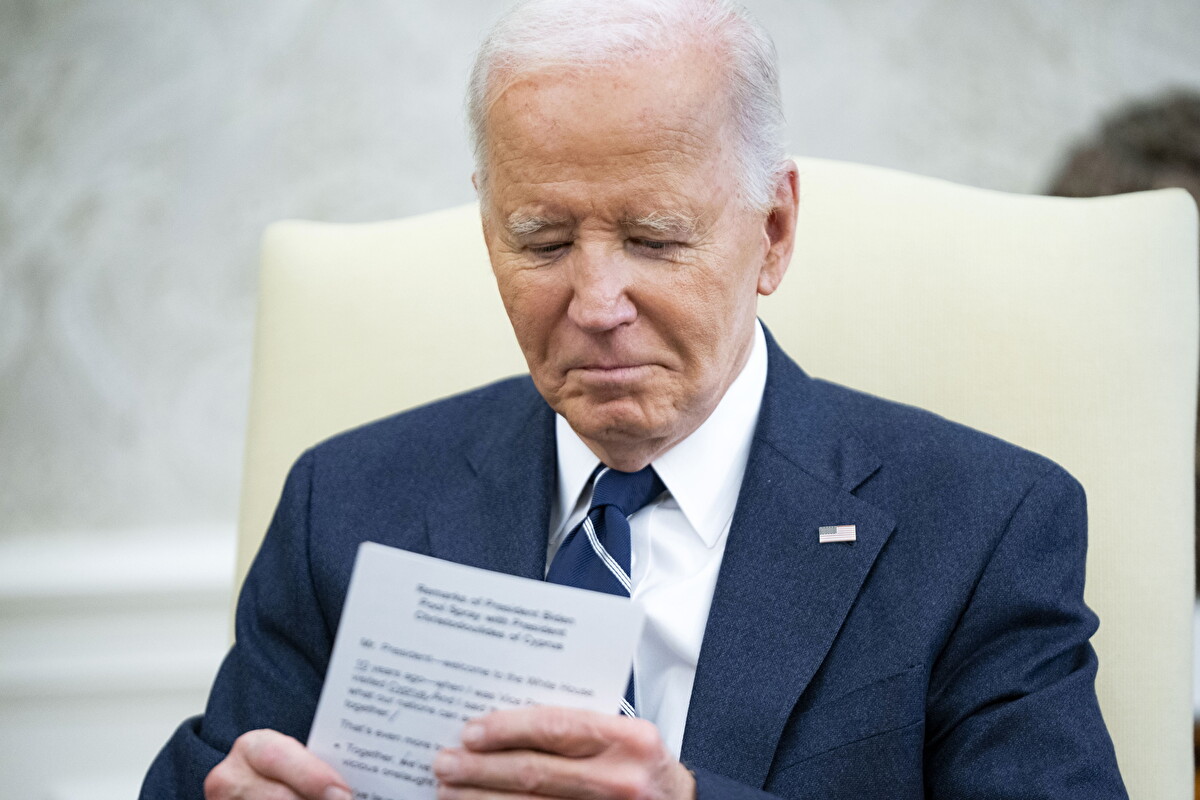With less than 50 days left in the White House, Joe Biden and his advisers are discussing the possibility of granting preemptive pardons to officials and politicians who might be pursued by Donald Trump when he takes office as 47th President next Jan. 20, 2025.
That level of concern and sense of alarm has risen since Trump announced the appointment of Kash Patel to lead the FBI last week. In particular, Patel, a confident ally of the newly elected president, has publicly vowed to prosecute those who are Trump’s opponents.
At the same time, Biden’s officials are considering not granting pardons to those who have committed no crimes both because they might draw criticism from Trump and the GOP and because they may reject offers of pardons anyway.
Those most vulnerable to possible retaliation by Trump include some members who took part in the Jan. 6th Committee, notably California Democratic Senator Adam Schiff and former Republican Liz Cheney. Trump had in fact stated that Cheney “should go to jail along with the rest of the Unselect Committee.”
Also mentioned by Biden’s aides for a pardon is Anthony Fauci, the former head of the National Institute of Allergy and Infectious Diseases, who became a focal point of intense criticism from conservatives during the Covid-19 pandemic.
Biden’s ultimate decision, though, could prove just as consequential to some of the country’s most high-profile public officials as his controversial decision to pardon his son Hunter.
However, a White House spokesman declined to comment but at the same time did not deny that these discussions have occurred and are still ongoing.
End of administration pardons have always been politically sensitive. However, President George H.W. Bush’s pardon of former Defense Secretary Caspar Weinberger and Bill Clinton’s controversial pardon of financier and donor Marc Rich pale in comparison to the dilemma Biden’s aides now face. But with Trump returning to the White House and his allies openly planning tribunals against political opponents, the stakes have reached an unprecedented level.
The White House is navigating conflicting pressures from Capitol Hill. Some veteran Democratic lawmakers, such as Senator Ed Markey (D-Mass.), have expressed support for the precedent set by former President Gerald Ford’s preemptive pardon of Richard Nixon, granted before any charges were formally brought against the embattled former president.
“If it’s clear by January 19 that [revenge] is his intention, then I would recommend to President Biden that he provide those preemptive pardons to people, because that’s really what our country is going to need next year,” Markey said on WGBH last week.
On the other hand, some congressional Democrats, particularly those who could find themselves in Trump’s political crosshairs, are uneasy about receiving a pardon they have not requested.
“I would urge the president not to do that,” Schiff stated. “I think it would seem defensive and unnecessary.”
What concerns some of Biden’s aides most is that even the threat of retaliation alone could be financially onerous for individuals, who would likely have to hire expensive legal counsel to defend themselves against any investigation. Moreover, in the final weeks of his presidency, Biden faces mounting pressure from Democrats urging him to extend the same generous leniency to the less privileged that he granted to his son.











